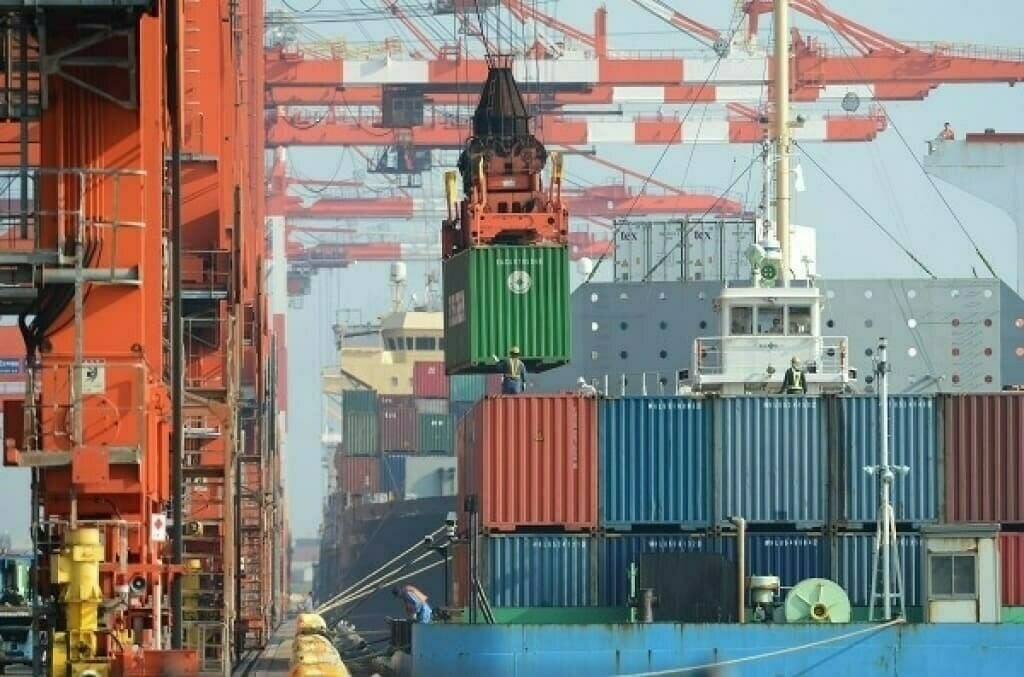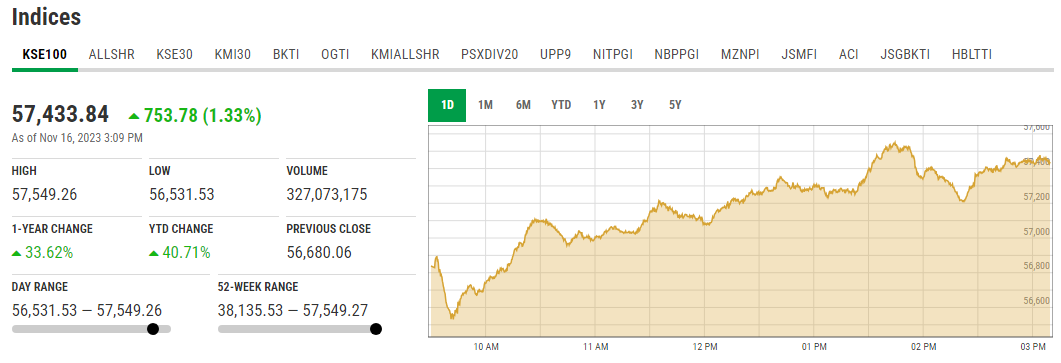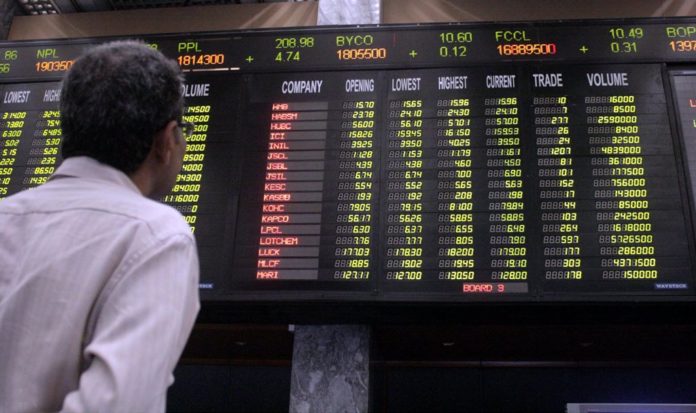PTBP Web Desk
The Directorate General Customs Valuation Karachi has recently revised customs values on the import of meat and bone meal (feed grade) originating from Brazil. The updated valuation, issued under Valuation Ruling 1924 of 2024, reflects an effort to align customs values with current international market trends and substantial imports from Brazil.
This development follows concerns raised by importers and an in-depth analysis by the directorate to ensure fair valuation practices.
Previously, customs valuations for meat and bone meal covered imports from three specific origins: Paraguay, Oman, and Kuwait. However, a significant increase in imports from Brazil prompted the Collectorate of Customs Appraisement (SAPT) to request the inclusion of Brazilian-origin products in the Publication Valuation Reference (PVR).
In response, the directorate initiated a comprehensive valuation exercise under Sections 25 and 25A of the Customs Act, 1969. This process involved analyzing import data, examining market trends, and comparing international prices with existing customs values.
Importers argued that the current customs values were higher than international prices for meat and bone meal. They emphasized that this commodity is globally traded, and its prices fluctuate based on production, demand, and supply dynamics.
According to importers, declared values reflect prevailing market conditions. They cited evidence such as Export GDs, Letters of Credit (LCs), and bank contracts to support the accuracy of their declared values.
The value range for meat and bone meal has historically been between $275 and $570 per ton, with a current average value of $360 per ton, which they claimed aligns with international pricing.
Importers further highlighted that most of them are industrial exporters who use meat and bone meal for in-house production in the animal feed industry. They pointed out their position as globally recognized players with no history of under-invoicing.
Regarding Brazilian-origin products, importers argued that Brazil’s high production capacity and large supply chains allow for more competitive pricing in international markets. They suggested verifying export records to confirm the authenticity of declared values.
To address the concerns and ensure accurate valuation, the Directorate undertook the following steps:
- Data Analysis:
The directorate retrieved and scrutinized 90 days’ worth of clearance data for meat and bone meal imports. - Market Inquiry:
A detailed market inquiry was conducted to assess the prevailing prices of the commodity. - Examination of Export Records:
Export records and import contracts were analyzed to verify the accuracy of the declared values. - Deliberations with Stakeholders:
Multiple meetings were held with importers to discuss valuation concerns. These discussions ensured transparency and collaboration in determining fair customs values. - Compliance with Office Orders:
The valuation process adhered to the Directorate’s Office Order, ensuring that all steps were carried out systematically and in line with regulatory requirements.
Based on the data analysis and market inquiry, the Directorate determined that the customs values for meat and bone meal required revision. The new valuation ruling aims to balance:
- Fair market representation,
- The need to prevent under-invoicing, and
- The competitiveness of imports from Brazil.
The revision acknowledges the global trading nature of meat and bone meal and considers Brazil’s pricing advantage due to its production scale.
The updated customs values are expected to have several implications:
- Fair Trade Practices:
Importers can now expect valuations that better reflect international market conditions, promoting fair trade practices. - Encouragement for Imports:
The revision may encourage higher imports from Brazil, benefiting the animal feed industry and ensuring a stable supply chain. - Transparency in Valuation:
The inclusion of Brazilian-origin products in the valuation reference enhances transparency and reduces ambiguities in customs assessments.
The revision of customs values is part of a broader strategy to improve trade facilitation in Pakistan. By addressing concerns related to valuation discrepancies, the Directorate aims to:
- Build trust among importers,
- Ensure compliance with international trade standards, and
- Strengthen the competitiveness of Pakistan’s industrial exporters in the global market.




